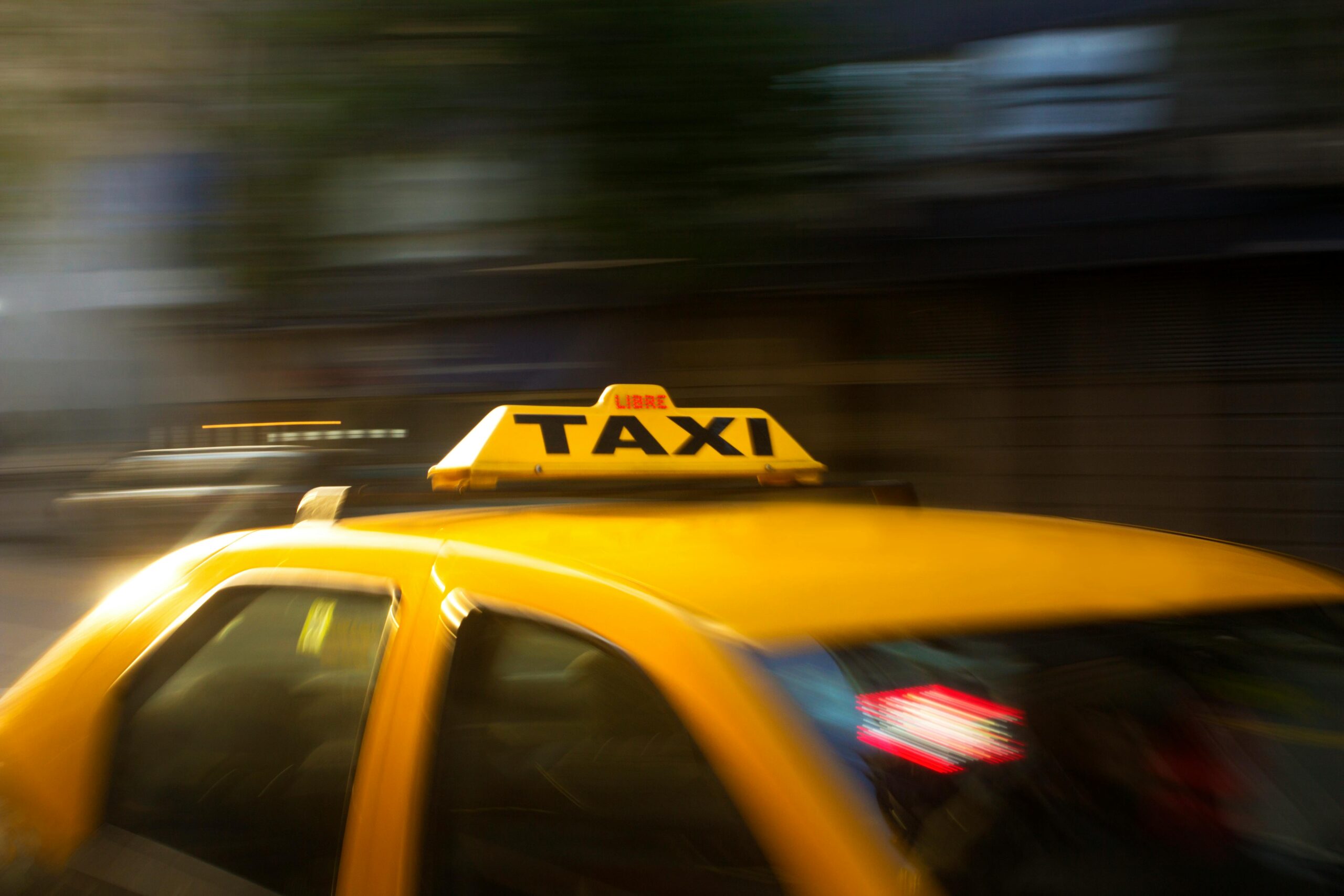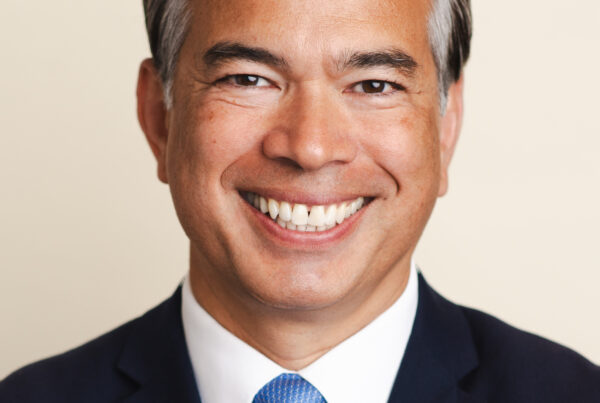The California Supreme Court affirmed the death penalty of cabman killer Javance Mickey Wilson on Aug. 5.
Wilson was convicted in 2003 of the robbery, carjacking and attempted murder of James Richards, the murder and robbery of Andres Dominguez and the murder and robbery of Victor Henderson.
In the rare split decision, the Supreme Court also ruled that requests to plead Racial Justice Act claims before superior courts do not automatically pause an appeal.
Each of Wilson’s victims were cab drivers whom he had called for a ride, according to the Supreme Court. Wilson would commit his murders on a rural, dimly lit road in Bloomington.
Richards escaped on Jan. 7, 2000, after Wilson’s gun jammed. Richards later testified that Wilson smiled when the gun jammed, with a “‘Damn, you got lucky’ type of look.”
Wilson used Dominguez’ phone to call Henderson for a ride immediately after killing Dominguez on Feb. 20, 2000.
Wilson’s first trial ended in deadlock, and it was on his second trial that he was convicted.
The Supreme Court’s review of Wilson’s death penalty was automatic.
Wilson had told police in Mirandized interviews that he carried a gun that matched the murder weapon and used the phone that called one of the cab drivers.
Wilson’s brother and former burglary accomplice, Sylvester Seeney, testified in a preliminary hearing that Wilson admitted to killing the cab drivers. Wilson had discussed a plan to rob cab drivers before the murders, the witness said. Seeney said that Wilson showed him Richards’ stolen cab and gave the jammed gun to another man. Seeney claimed to be the owner of the white ski jacket Wilson wore during the murders.
The defense argued for Wilson’s innocence due to Richards’ inability to identify him during a live police lineup. The defense also argued that police suggested Richards identify Wilson’s photo out of a photo lineup.
The Supreme Court rejected that argument, finding that Richards identified Wilson of his own volition, and that police did not introduce error.
“Because the photo lineup used in this case did not involve an unduly suggestive and unnecessary procedure, the resulting identification was admissible into evidence,” the ruling said.
Wilson’s counsel also challenged the admission of Richards’ in-court identification of Wilson. The Supreme Court found that Richards had a good idea of Wilson’s face because of how close Wilson came to him—Wilson had placed the gun directly in Richards’ mouth.
The defense challenged the use of jury instructions that directed jurors to consider the believability of eyewitnesses. The Supreme Court doubted that the instruction caused the jurors to rely only on Richards’ identification of Wilson.
Wilson objected to the inclusion of Seeney’s preliminary hearing testimony. Seeney, the former accomplice, later invoked his Fifth Amendment privilege, preventing him from testifying during the trial. Wilson’s counsel argued that Seeney’s statements were coerced due to an immunity agreement he made with prosecutors.
During cross-examination, Seeney said detectives attempted to scare him into cooperating. He also backtracked on some of the information he had previously told police.
Wilson’s investigator asked Seeney if he had said things that were not true.
“I’m not saying — he really didn’t tell me a lot of — he didn’t really tell me all them things. He didn’t really tell me all of them,” Seeney said.
The investigator asked how Seeney knew what to say, and he claimed to have repeated facts provided by the detectives. Seeney pleaded the Fifth Amendment after he was asked if he was being truthful in the preliminary hearing.
The Supreme Court found that Wilson did not show implicit pressure from detectives to lie.
Wilson’s counsel tried to suppress his statements given in Mirandized interviews. The Supreme Court found he had willingly talked with the police.
Wilson asked the Supreme Court to stay his appeal and remand his case back to San Bernardino Superior Court, with the intent to argue Racial Justice Act (RJA) claims. The RJA provides authority for defendants to challenge criminal proceedings on the basis of racial, ethnic or national origin discrimination. The law was passed in 2020.
Wilson, who is Black, sought to call into question a juror who said that evidence of abuse and neglect in Wilson’s background was “cultural,” and that many children in Black families were raised under similar conditions and did not become murderers. He also argued that there are racial disparities in both charging and sentencing in San Bernardino County.
The Supreme Court’s majority opinion ruled that Wilson will be able to bring his RJA claims regardless of the appeal, and that a stay in the case was not necessary.
“A stay and limited remand, or a remand without a stay, are not necessary in these circumstances to ensure efficient and effective access to RJA proceedings,” the ruling said.
The ruling establishes that across criminal appeals, an RJA claim does not automatically authorize a stay and remand.
Justice Kelli Evans wrote a dissenting opinion, arguing that the court should have stayed the case until the RJA claims were settled.
“The majority supplants the Legislature’s demand to swiftly rid the criminal justice system of racism with a novel and unnecessary RJA-specific habeas path that, as the Legislature was well aware, is riddled with delay because of the difficulty of appointing habeas counsel and processing capital habeas claims. As explained below, this approach is untethered to the statute’s text or legislative history, and undermines the Legislature’s stated purpose,” Evans wrote.
Justice Goodwin Liu joined Evans’ decision.
Justice Leondra Kruger wrote the opinion of the court, which Justices Patricia Guerrero, Carol Corrigan, Joshua Groban and Martin Jenkins joined.
Former prosecutor Kent Williams oversaw the trial.
Read the ruling here.








